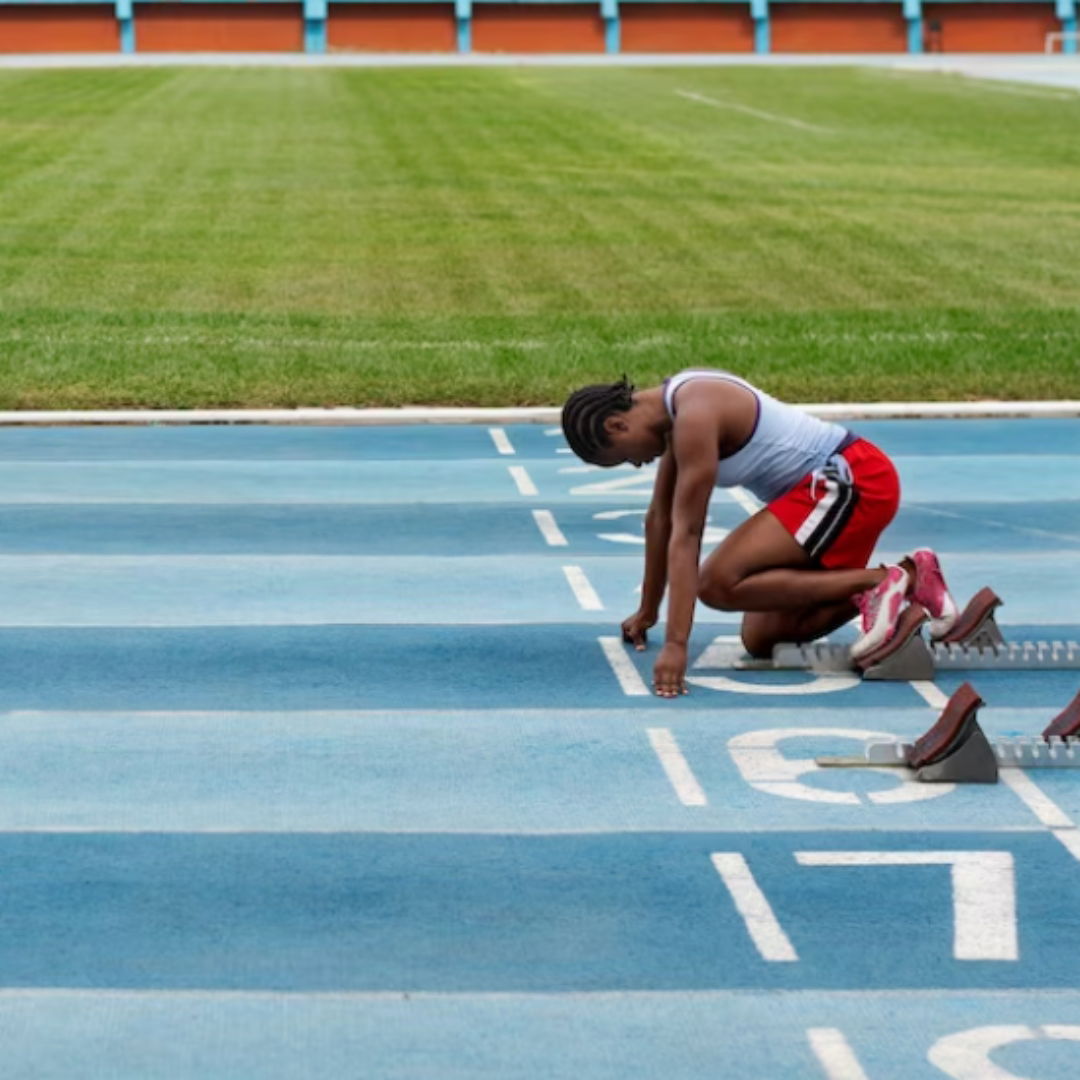

While the world of track and field might appear to be full of thrills, it hides a dark reality. Athletes, in pursuit of greatness, face issues such as depression, which sometimes lead to them taking drastic steps in life. A shocking report, published by the British Journal of Sports Medicine recently, stated that the rate of suicide has doubled in the last 20 years among college athletes.
Watch What’s Trending Now!
Reacting to the analysis, several athletes came forward to narrate their story. One such athlete was half-marathoner Alex Predhome. Detailing his initial experience, Predhome mentioned the steps he took to make sure that he did not get fat. However, he did change his perspective and managed to find a fix for himself.
ADVERTISEMENT
Alex Predhome narrates lack of proper track and field guidance
Reiterating the report from BJSM, Predhome did not shy away from confessing the truth. Taking to his X account, Predhome stated that he refused to eat while constantly being worried about his weight. While trying to run 70-80 mpw, this significant under-treatment caused his body to break. He was more prone to injuries and remained exhausted throughout his sessions. “Anecdote: Used to skip meals/undereat since I was worried about being too fat (while running 70-80 mpw). Spent a few seasons injured and many exhausted. My life improved when I stopped thinking like that,” Predhome wrote.
Anecdote: Used to skip meals/undereat since I was worried about being too fat (while running 70-80 mpw).
Spent a few seasons injured and many exhausted. My life improved when I stopped thinking like that.
Bad views on food have a lot of distance guys playing on hard mode. https://t.co/XsABR2lvS5
— Alex Predhome (@Predamame) April 25, 2024
Luckily, the athlete has come out of his vague mindset and is now a renowned name in the track and field circuit. Focusing on the suicide rate, a jump from 7.6% in 2002 to 15.3% in 2022 is a cause of alarm. And what’s bewildering is the fact that the percentage solely comes from the NCAA varsity athletes.
ADVERTISEMENT
The report further mentioned that the rate of suicide was very high among male athletes, which stood at 77%. Apart from track and field, cross-country athletes were at high risk of death by suicide. Highlighting the issue further fans and other eminent personalities also chimed in on the same.
Top Stories
Sean Payton Confirms Bo Nix’s Season Is Over, Announces Immediate Update on Broncos QB’s Horrific Injury

Sean McDermott Erupts Against Refs’ Controversial Decision After Josh Allen Breaks Silence on Brandin Cooks Incident

Calls Mount Against Tony Romo for Josh Allen Error on Live CBS Telecast During Bills vs Broncos

Andy Reid Announces Double Firing Decision as Patrick Mahomes Outlines Ideal Chiefs OC

Caleb Williams Puts Locker Room on Notice After Rams Publicly Announce Bears QB’s Weakness

Olympic Ice Dance Pair Hit by Major Crisis Just Weeks Before Milano-Cortina Games

ADVERTISEMENT
Olympic medalist Rori Dunk expressed similar sentiment
Olympic medalist Rori Dunk shared that he focused on the need for a better understanding of athletes’ mental health issues. Dunk also called for better screening of talents by the higher authorities. In his tweet, Dunk wrote, “Despite the perception of a supportive community in sports, collegiate athletes face unique stressors that can contribute to mental health concerns.”
Fans also chimed in with their sentiments in a thread on Reddit. They concluded that constant pressure and lack of finance were major reasons for such problems. Another significant factor contributing to such low mental health among college athletes was the burden of studying constantly conflicting with their professional career goals.
ADVERTISEMENT
ADVERTISEMENT
ADVERTISEMENT

